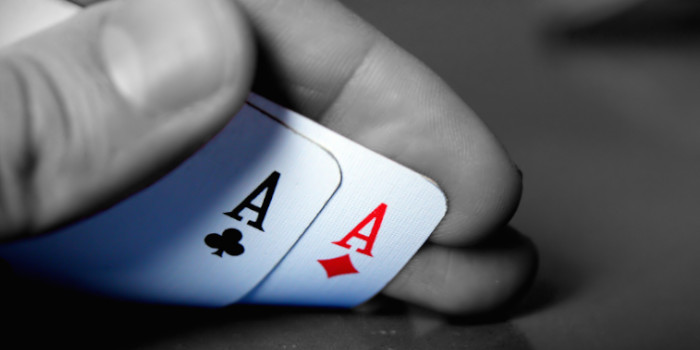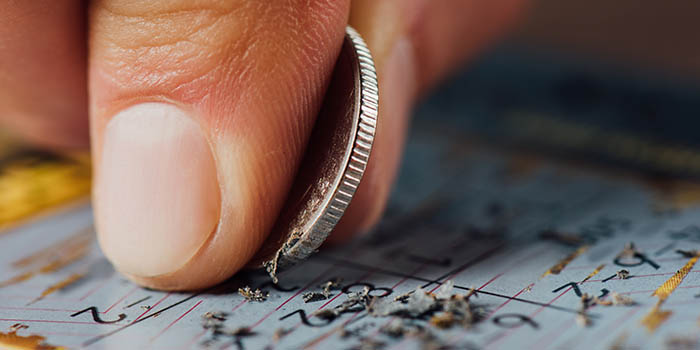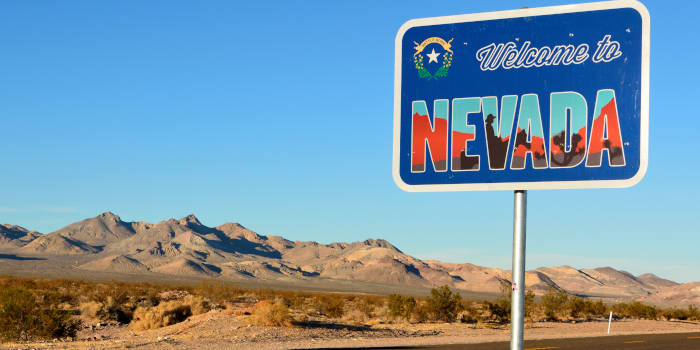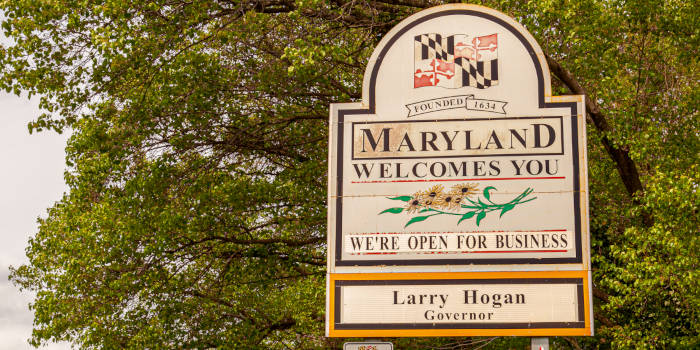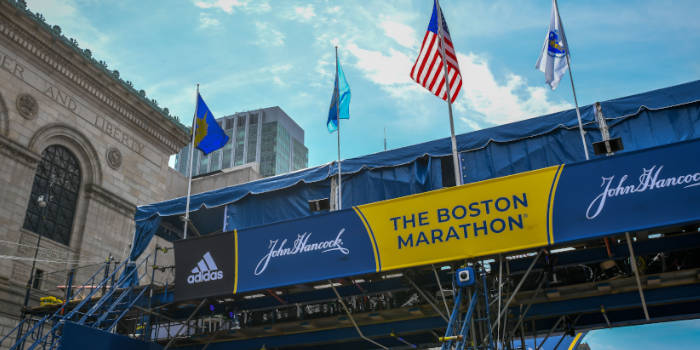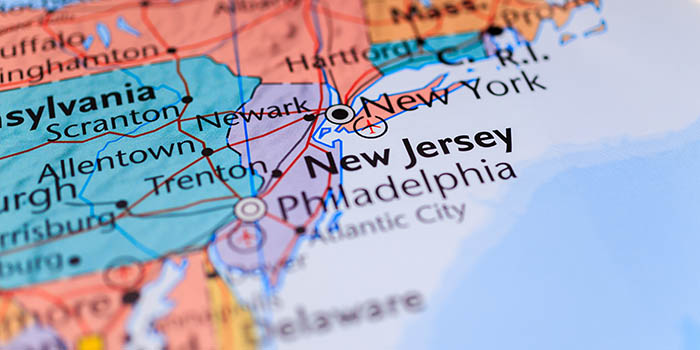Reversal of Lifetime Ban Brings 500 Gamblers Back to Detroit Casinos

Gamblers who previously put their names on the voluntary exclusion list for Detroit’s three casinos now have a path back inside due to a new law.
Voluntary Exclusion List Introduces Shorter Duration
A total of 545 people have removed their names from the Michigan Disassociated Persons List following the adoption of a new law. The legislation allows gamblers to opt out of the voluntary exclusion list, which previously meant a lifetime prohibition of gambling in Detroit casinos.
The law was approved in October 2020 and was subsequently endorsed by the Michigan responsible gambling advocacy group. Problem gamblers, who decided to join the program, now have the choice to leave, but only if they have been on the list for a minimum of five years.
Previously, they did not have any possibility to reverse the prohibition and could be prosecuted if they failed to comply with the ban on entering the MGM Grand Detroit, MotorCity Casino Hotel or Greektown Casino-Hotel venues. The penalty for violating the ban was up to a year in prison, a $1,000 fine or both. Prior to relaxing the self-exclusion law, Michigan was the only state that imposed a lifetime ban on gamblers.
Michael Burke, executive director of the Michigan Association on Problem Gambling, welcomed the change in law saying that its current more flexible form could attract more gamblers. Burke added that there might be more people willing to join if the program provided them with an option to leave after two or five years.
MGCB Sees Spike in Requests to Leave the List
The Michigan Gaming Control Board (MGCB) created the Disassociated Persons List in accordance with the Michigan law from 1996. Once a person signed up for the program, they could never gamble in a Detroit casino again.
The MGCB was in charge of providing casinos, the state’s attorney general, and the state police with the names of participants. As of October 1, 2020, the Disassociated Persons list included 4,825 people. Michigan’s 24 tribal casinos are not in the scope of the scheme.
Richard Kalm, the MGCB executive director, said the board has previously received between eight and 15 requests per year from people who wanted their names off the list. Kalm added that the life ban had to be softened, as it might not be the best option for everyone given that changes in life circumstances can happen.
Kalm also said that Detroit casinos have previously faced difficulties in enforcing the ban due to the big number of customers and the lack of facial recognition. However, if the casino catches a disassociated person, their winning is seized by the police and the violator is given a criminal trespassing fine.
Experts are warning that problem gambling is becoming an issue in Michigan, after betting has been fully licensed and sports has resumed activity.
Martina is a veteran writer, analyst in researchers with years of hands-on experience in interpreting, statistics, translation, and creative writing. She has done multiple internships in various related fields and currently takes care of all Spanish and LatAm content at GBN. Martina speaks three languages to top off her array of specialist skills.

